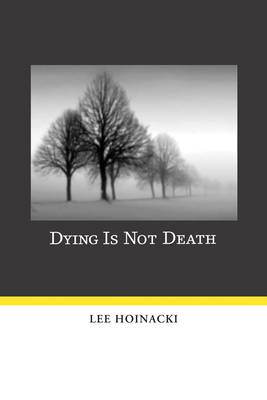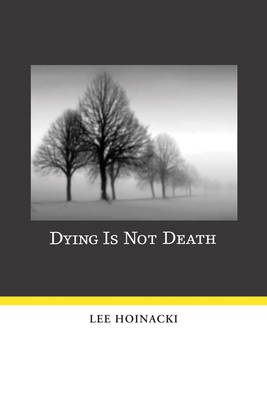
- Afhalen na 1 uur in een winkel met voorraad
- Gratis thuislevering in België vanaf € 30
- Ruim aanbod met 7 miljoen producten
- Afhalen na 1 uur in een winkel met voorraad
- Gratis thuislevering in België vanaf € 30
- Ruim aanbod met 7 miljoen producten
Zoeken
Omschrijving
Dying Is Not Death examines from a traditional humanistic position the act of dying. The author views death as a universal experience that can and perhaps should force us to explore various technological intrusions upon it. Each chapter is an independent narrative, and some chapters tell stories of those struggling to die when confronted with the medical system's technological artifacts. Recounting different persons' experiences of death, Lee Hoinacki suggests that the medical system's conventional approaches to dying and death can distort our preparation for this most important experience. Borrowing from Jacques Ellul and Ivan Illich, Hoinacki acknowledges technology as an all-embracing system with powerful symbolic effects on the human condition and argues to a conflict between faith and technology. Indeed, with Ellul, he holds that in order to criticize technology, one must find some "place" outside the technological milieu that would act as a kind of Archimedean lever. One must somehow get to the Beyond to judge where one stands in the world.
Specificaties
Betrokkenen
- Auteur(s):
- Uitgeverij:
Inhoud
- Aantal bladzijden:
- 270
- Taal:
- Engels
Eigenschappen
- Productcode (EAN):
- 9781597528795
- Verschijningsdatum:
- 1/01/2007
- Uitvoering:
- Paperback
- Formaat:
- Trade paperback (VS)
- Afmetingen:
- 161 mm x 228 mm
- Gewicht:
- 376 g

Alleen bij Standaard Boekhandel
+ 86 punten op je klantenkaart van Standaard Boekhandel
Beoordelingen
We publiceren alleen reviews die voldoen aan de voorwaarden voor reviews. Bekijk onze voorwaarden voor reviews.








